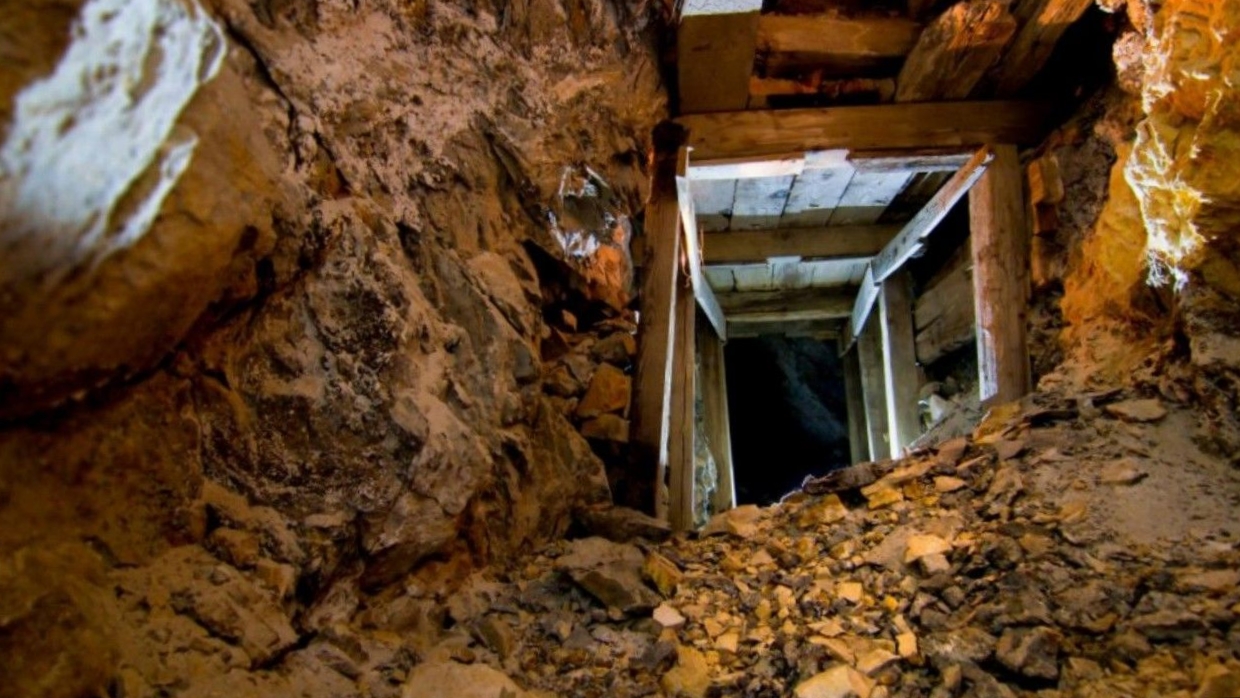M-U-S-A | M-ining
M stands for M-ine/M-onitor.
This step is all about gathering data.
Objective information, especially fundamental facts and principles, are primary tools for building an effective *insert chosen word here.
How we go about obtaining information is broken into two equally important categories:
M-ining involves active research; actually digging for and thru information in articles, books, credible internet publications, courses, expert interviews, etc.
This focused exercise can be immensely valuable, but it is important to avoid extended periods of tunnel vision, or exploring rabbit-holes.
M-onitoring is a less active approach to gathering information. Observing the process allows us to learn where future M-ining efforts need to be focused.
In this respect, the two methods of obtaining information are not only equally important. Each is vital to enhancing the effectiveness of the other, independent of learning style.
We will discuss M-onitoring more as we mature in the system.
For now, let’s focus on our primary M.
When it comes to gathering new information, a great analogy is M-ining.
Just as miners search for valuable resources deep beneath the surface of the earth, we search for new knowledge and insights that are hidden within the vast amounts of data that exist around us.
The first step in our M-ining process is to identify the area of interest.
Miners survey an area to determine where to dig. For our purposes, we need to identify the topic or question that we want to explore. This helps us to focus our search and gather relevant information.
Once we’ve identified the area of interest, we start digging deeper.
The way miners use heavy machinery to excavate tons of earth, we use various research methods to sift through vast amounts of information. This may involve conducting surveys, reading articles and books, analyzing data, or conducting experiments.
In summary, the process of gathering new information is like M-ining. We identify the area of interest, dig deeper, and uncover valuable nuggets of information.
What we do with that information is covered in our next installment. We wouldn’t leave you “trippin with nowhere to…”
If you fly with me…




